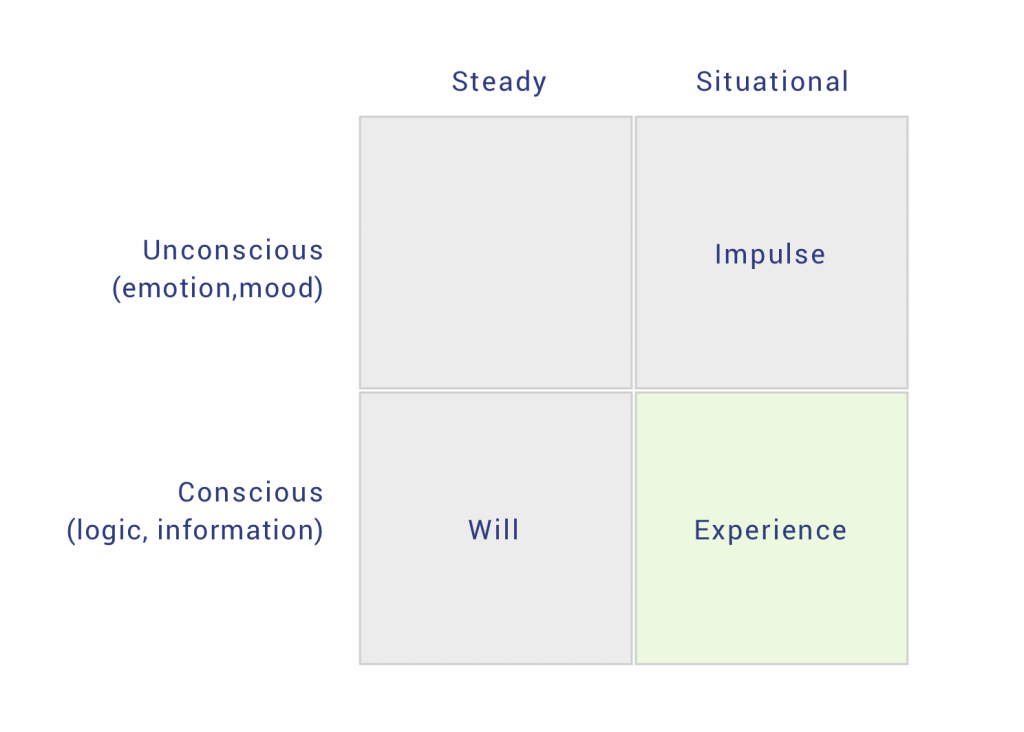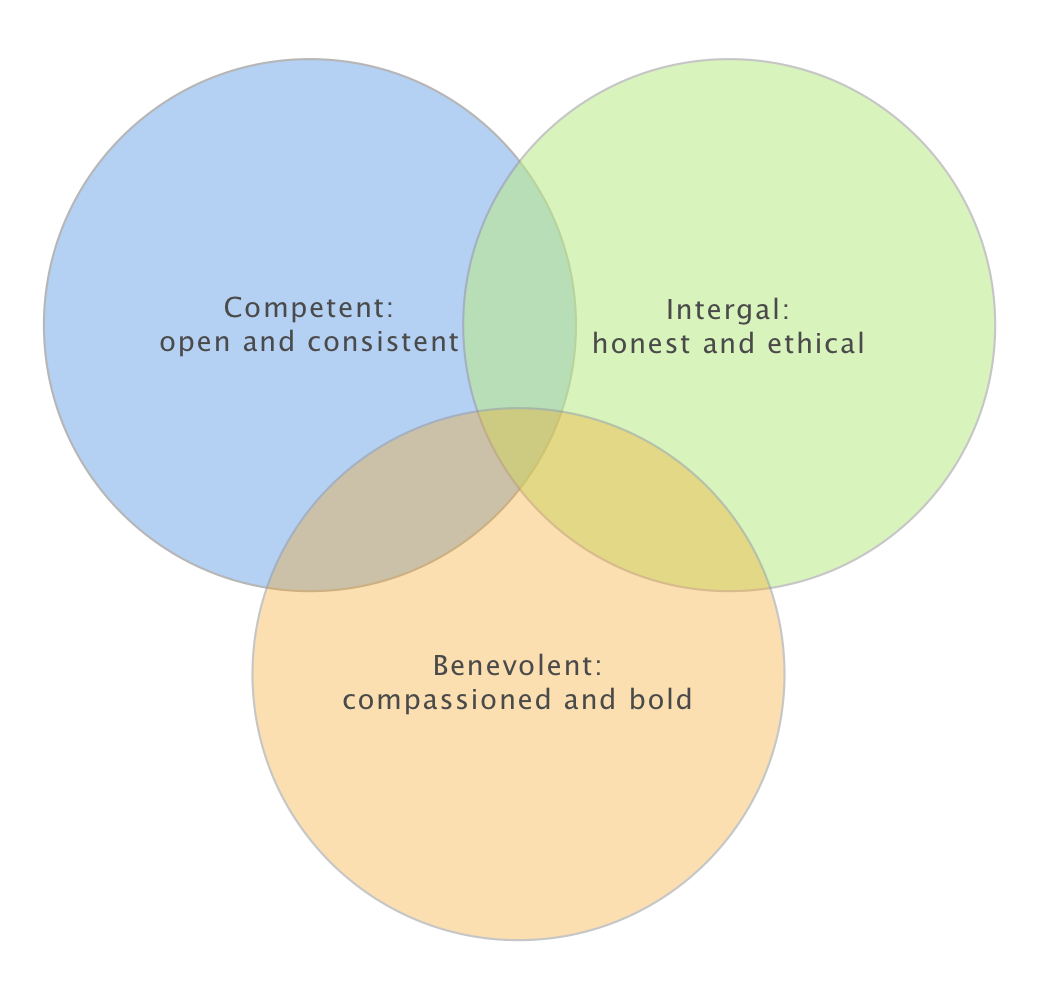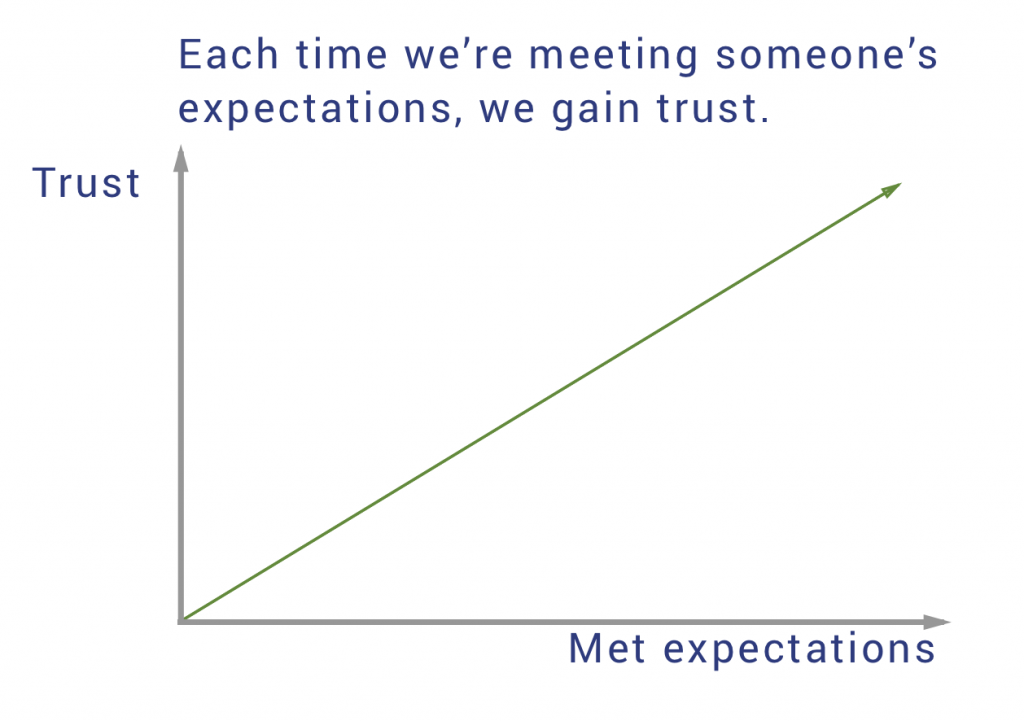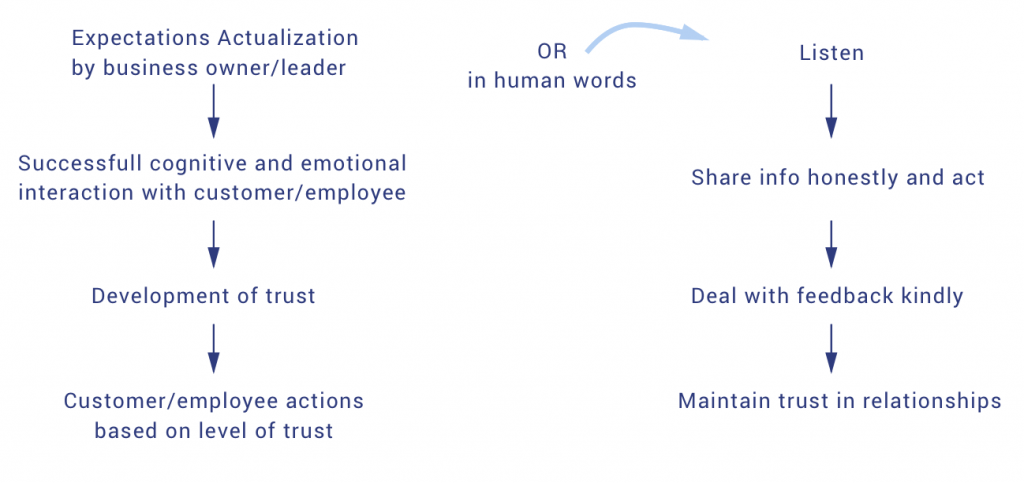This newfound distancing we all find ourselves in also presents larger and quicker opportunities to erode trust, which affects the social capital and resources needed to operate in a healthy and productive relationship.
For example, there’s an unspoken expectation that a company will meet a customer’s emotional state during the quarantine period by providing extra care for their health. The company Wyze, which is a manufacturer of security cameras and smart home devices, showed a deep understanding of their customers, releasing thermometers and masks during the beginning of the pandemic and also donating cameras to small businesses in the US. They found and fulfilled a need before anyone placed a request.
Needless to say, that during the pandemic, levels of these basic feelings have significantly decreased. This makes building trust even more difficult.
To show authentic results when building trust, it requires not only being honest and taking concrete actions but also meeting expectations.

In fact, trust is formed on three levels of psychological activity:
- Impulse – a situational unconscious reaction.
Trust built on impulse is very unstable, it is quickly and easily built, but on no grounds. As an example, you can think of a massive sale, where you buy that cheap pair of shoes and later cannot tell what’s so special about them and probably will never visit that shop again. - Experience (or objectification) – a situational conscious reaction.
This trust is built as a result of a certain experience from the main level of interaction between a customer and a company. This is when a customer placed an order, had a pleasant experience with the staff or company and received a product within the expected timeframe. Based on this positive experience the buyer decides to order from that company again. - Will – a steady conscious reaction.
The third level is a social formation of personality when trust is a decision based on a lifestyle concept. Some customers are more likely to be loyal and others to be more suspicious because of their nature and personality – meaning people need differentiating amounts of effort to form relationships full of trust.
Ideal leader components:
At its most fundamental level, trust is built one person at a time, at self-consciousness levels. Social distancing and our new work-from-home culture pose challenges when it comes to building trust, especially in new relationships.
- Calmness
- Safety
- Certainty.
In summary, a person and a group must maintain a heightened level of self-awareness when it comes to forming and sustaining trusted relationships. Investing in the cultivation of trust pays off long-term in the form of individual and group success and everyone’s overall prosperity.
Working from home strongly reduces social interactions, leaving impersonal touch points like email, phone and Zoom meetings as our only forms of communication. When a company is unable to keep constant contact and build trust between its employees, it becomes a personal responsibility to follow corporate values.
It should be taken into account that all decisions are built on personal experience and external factors at a certain moment of time. In other words, every person has a different level of openness based on their feelings of:
- Professional competence – by diving deep into the details and avoiding misinformation.
- Benevolence – by evidently showing compassion and concern for the wellbeing of others.
- Integrity – by acting honestly and ethically, demonstrating a willingness to listen, discuss and address critiques and concerns.
When building a strategy to improve the level of trust between a business owner and an employee, a merchant or a customer, one has to consider all 3 levels. Interaction on only 1 level can lead to unstable results.

For more on building new, trusted business relationships with consumers, check out Sachin Pandey’s blog on the topic of building consumer trust in eCommerce and Magento, an Adobe company’s customer DHL.
Broadly saying, leaders should take a lead in building trust, going through all 4 stages to get results:

I hope this article helps you better understand the science behind this complex topic and helps you identify potential risks or weak points in your strategy when it comes to building trusted relationships. There is so much to learn and be mindful of around this topic.
In an attempt to please people, we usually try to hide unpleasant details, often telling a small lie or lying through omission. In return, however, this can lead to a lack of integrity and damages the foundation of the relationship. It takes courage to be honest, not to hide from confrontation and to deal with the criticisms that may appear. As a reward, prioritizing truth over false harmony helps to develop stronger bonds, and increases the chances of organizational survival and prosperity through potential crises.

Trust is key when it comes to just about all of our interactions, be it business or personal. Regardless of how successful a relationship is, trust is always something that has to be built, tracked and maintained.
In the current unstable situation, the rapid and honest information sharing is crucial to maintain corporate or brand trust. Every point communicated and not clarified can be transcribed by someone in a wrong (usually worse) manner. It is important that all pain points in a relationship are brought to light.
To effectively create trust, the Birmingham Business School recommends to show all of the following characteristics:





